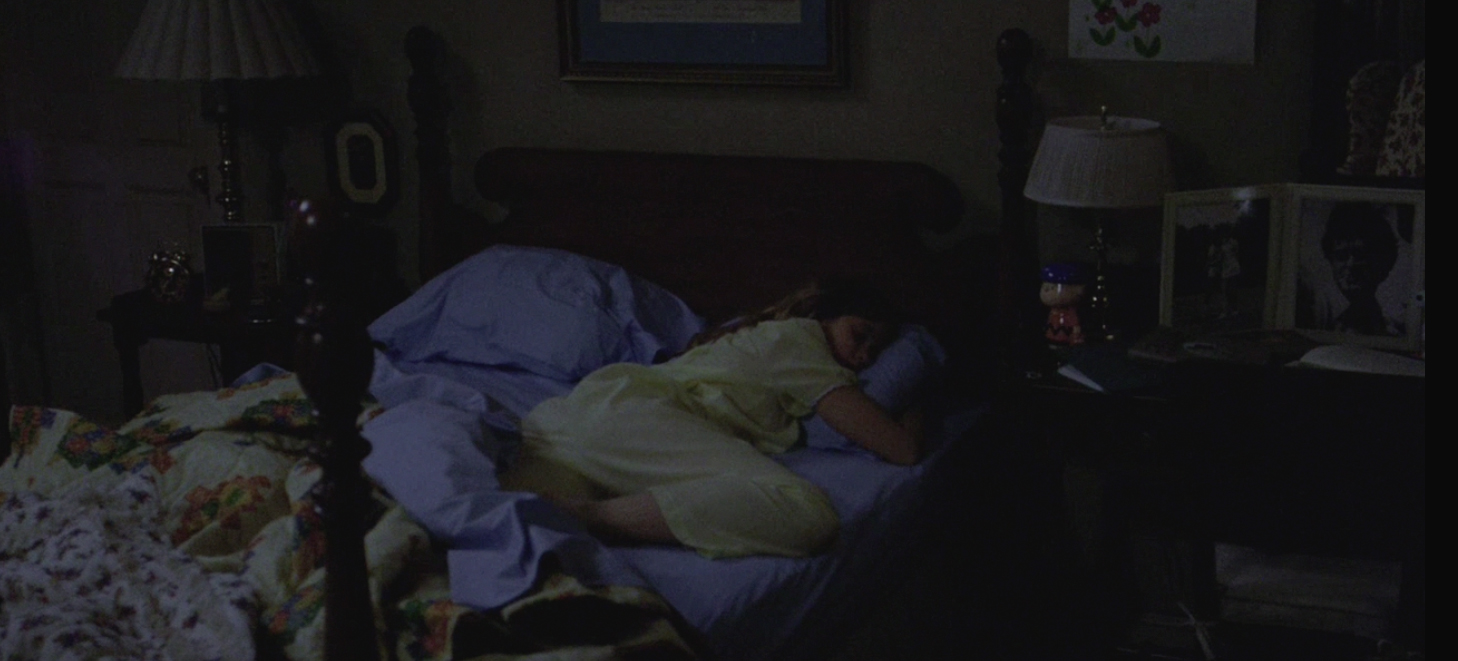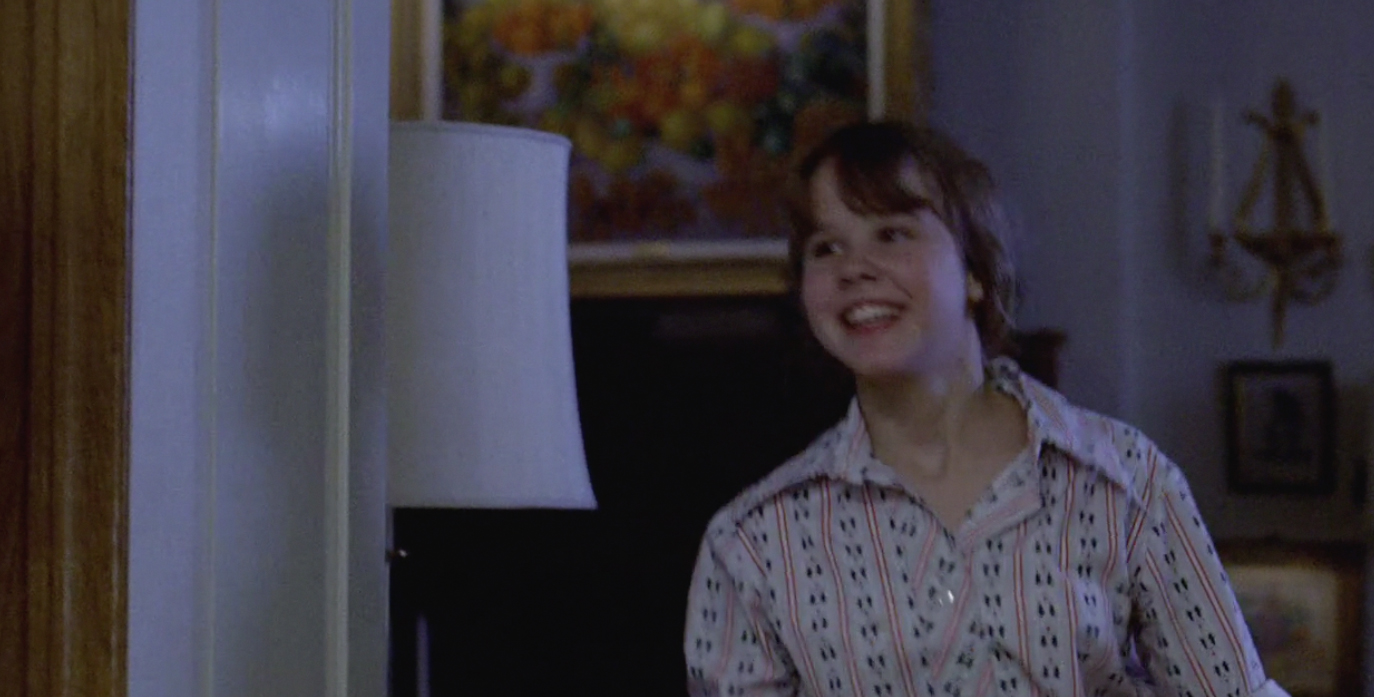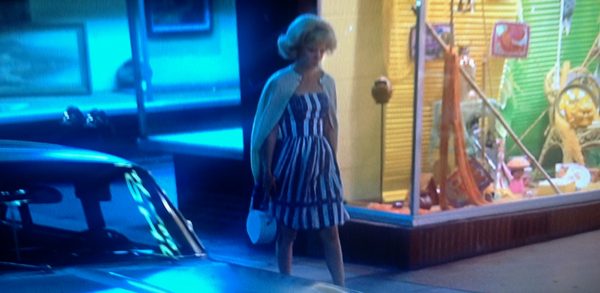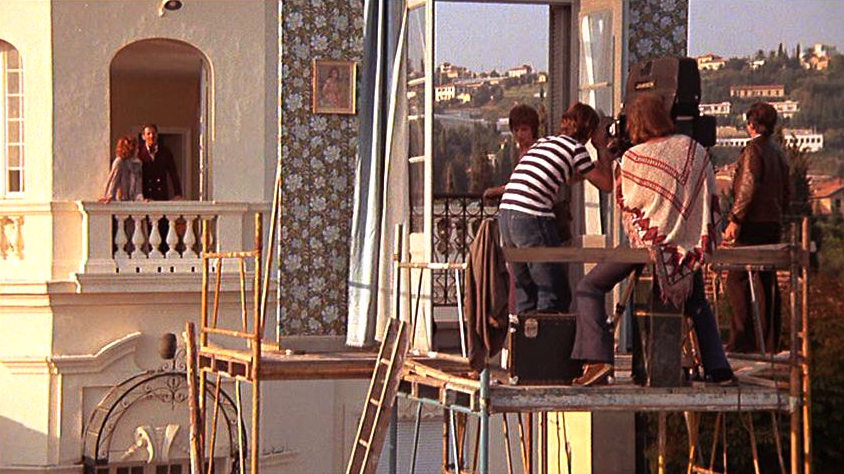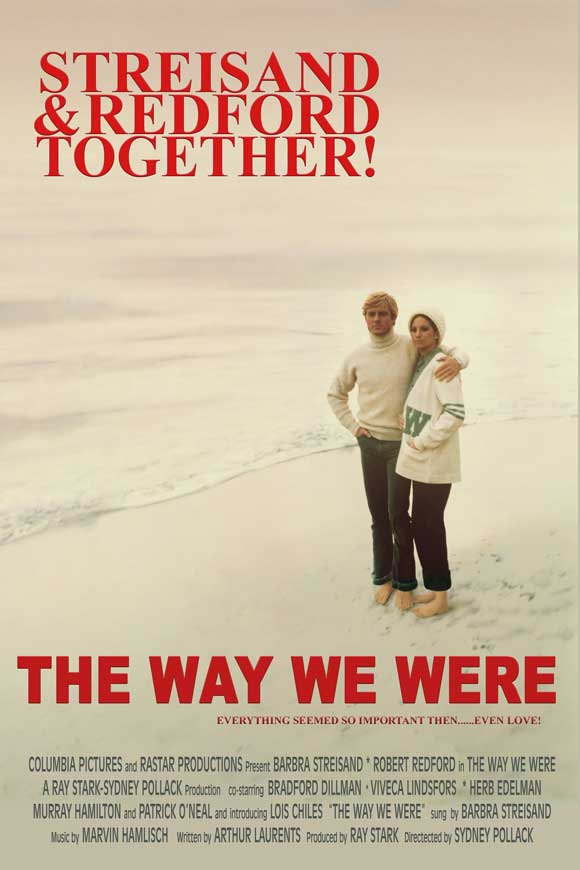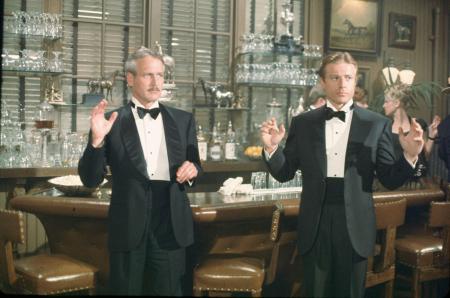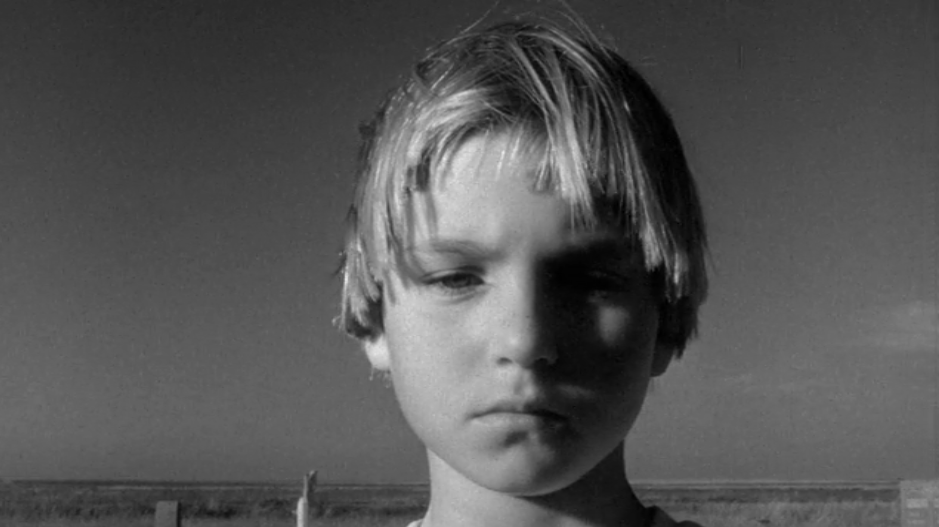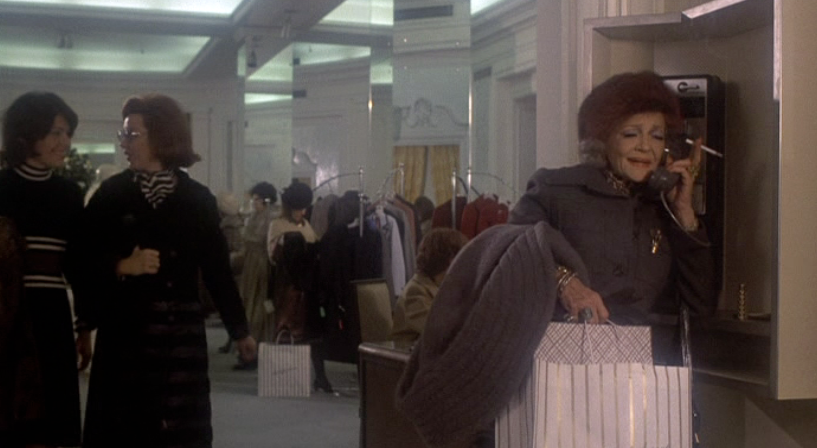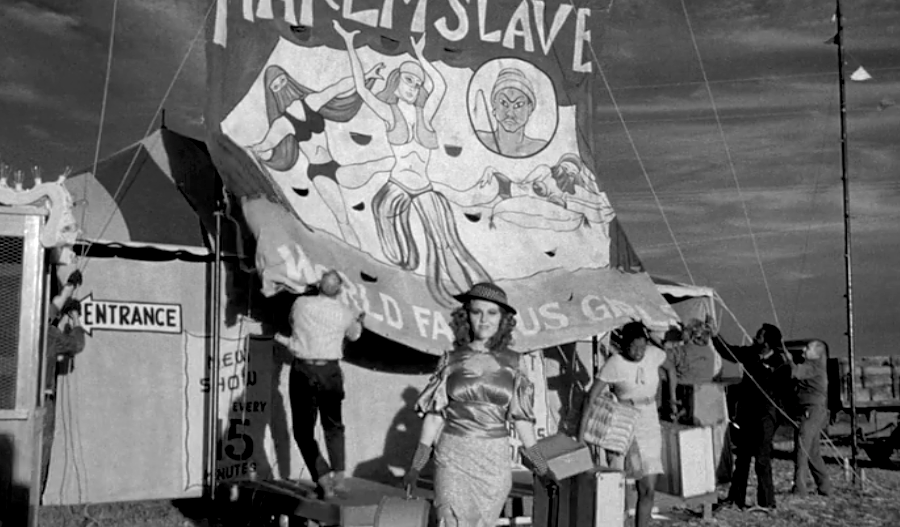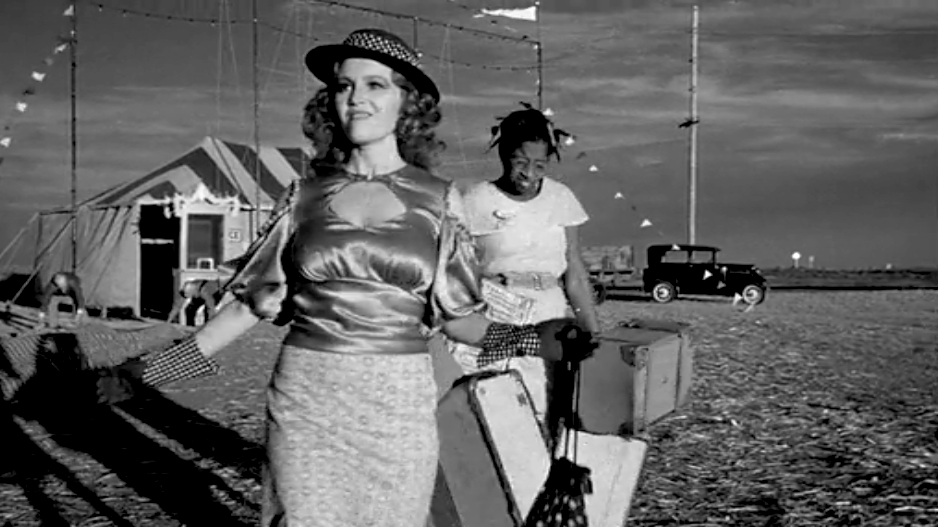The Supporting Actress Smackdown of '73 arrives on July 31st, just over two weeks from now. You need to get your votes in too if you want to participate (instructions at the bottom of this post). If you've wandered in from elsewhere and are like, "What's a Smackdown?," here's how it started.
The Smackdown Panel for July
Without further ado let's meet our panel who will be discussing popular classics Paper Moon, The Exorcist, and American Graffiti as well as the more obscure title Summer Wishes Winter Dreams. All of the Supporting Actress nominees this Oscar vintage were first timers and so are our Smackdown panelists.
 Special Guest
Special Guest
DANA DELANY
Dana Delany is an actress working on stage, screen, television and now internet. She was last seen starring in "Body of Proof" on ABC. In August you can rate and review the pilot "Hand of God" in which she co-stars with Ron Perlman on Amazon.com. [Follow her on Twitter | IMDb]
Why did a famous actress like you want to participate?
I wanted to do a Smackdown because there is nothing I like better than watching a movie and discussing it with smart people. Way better than being smacked.
What does 1973 mean to you?
For me personally it was a hugely transitional year. My parents separated, we moved to Virginia and I escaped by going to the movies before I truly escaped by going to boarding school for my senior year. It was also a transitional year for our country and film. Marriages ended as women asserted their independence and Roe v Wade passed. Economically the US was a mess with gas shortages and NYC was bankrupt. American faith was shaken with the Watergate trial and the beginning of the end of the fruitless Vietnam War. I think that's why you see so much nostalgia in the movies with "The Sting", "American Graffiti", "Paper Moon" and "The Way We Were" in stark contrast to the European "Last Tango in Paris". Even at the Oscars the next spring, David Niven being surprised by a streaker was the embodiment of old Hollywood/new world.
And...
 BILL CHAMBERS
BILL CHAMBERS
Bill Chambers is the founder, editor, and webmaster of FilmFreakCentral.net, which recently turned seventeen. A graduate of York University's Film program, he is a member of both the Toronto Film Critics Association and the Online Film Critics Society. He just got a cat. [Follow him on Twitter]
What does 1973 mean to you?:
I suppose the first thing that comes to mind is Terrence Malick making his directorial debut, and Martin Scorsese formally introducing himself to moviegoers. The seismographic image of 1973 I have in my head is deceptively calm compared to the years that flank it, perhaps because while '73 produced no shortage of future classics, so many of them -- "The Last Detail", "Sisters", "Pat Garrett and Billy the Kid" -- seem like sleepers to this day, amassing cults without getting the splashy reissues or being front and centre in discussions of their directors' work. And when I factor in genre classics like "Enter the Dragon", "Westworld", even "Don't Look Now", this might be the year in film from that hallowed decade I'd most want with me on a desert island... though I'd probably just try to make a raft out of "Lost Horizon".
 MARK HARRIS
MARK HARRIS
Mark Harris is an editor-at-large at Entertainment Weekly, a Grantland columnist (about the Oscars and other things), and a contributor to New York magazine. He is the author of Pictures at a Revolution (2008) and Five Came Back (2014). He lives in New York City. [Follow him on Twitter]
What does 1973 mean to you?
1973 was the first year I got to have any say in the movies I wanted to see, which, as I recall, were "The Sting", "Sleeper", "Paper Moon", "The Day of the Dolphin", and, because this is a place for truth, Burt Reynolds in "White Lightning". "The Exorcist" was high on my wish list, but only one friend my age had gotten to see it, and only because, as my mother tersely explained to me, 'His parents don't care about him.' That year's movies competed in the first Oscar show I was ever allowed to stay up and watch. Other highlights of that year for me: The televised Watergate hearings, Sonny and Cher, fourth grade.

KARINA LONGWORTH
Karina Longworth is the creator/host of You Must Remember This, a podcast about the secret/forgotten history of Hollywood's first century. She is the author of books about George Lucas, Al Pacino and Meryl Streep, and has contributed to Grantland, Slate, LA Weekly, the Guardian, NPR, Vulture, and other publications. [Follow her on Twitter]
What does 1973 mean to you?
"The Last of Sheila". "Blume in Love". "Scarecrow" winning the Palme D'or. Gloria Steinem with hair colored in emulation of Audrey Hepburn in "Breakfast at Tiffany's". Situationism. "Coffy". "The Mother and The Whore".

KYLE TURNER
Born in 1994 and enamored of the cinema ever since, Kyle began writing on the internet in 2007 with his blog The Movie Scene. Since then, he has contributed to TheBlackMaria.org, Movie Mezzanine, and IndieWire's /Bent. Xavier Dolan's "I Killed My Mother" is basically his life story and "Bringing Up Baby" is his default favorite film. He likes coffee and is studying film at the University of Hartford in Connecticut. He is relieved to know he is not a golem. [Follow him on Twitter]
What does 1973 mean to you?
From merely an appreciative perspective, it was the year "The Godfather" won Best Picture (for '72), Watergate happened, and Pink Floyd's "Dark Side of the Moon" was released.
And your host
 NATHANIEL R
NATHANIEL R
Nathaniel is the founder of The Film Experience, a reknowned Oscar pundit, and the web's actressexual ringleader. He fell in love with the movies for always at The Purple Rose of Cairo (1985) but also blames Oscar night (in general) and the 80s filmographies of Kathleen Turner and Michelle Pfeiffer. Though he holds a BFA in Illustration, he found his true calling when he started writing about the movies. He blames Boogie Nights for the career change. [Follow him on Twitter]
What does 1973 mean to you?
I have no memories of that year but if I had any they'd surely involve my sister (she's the eldest and I'm the baby) and her friends who were approaching their teenage years and who I generally remember looking at with awe (bell bottoms, long hair and all) just a few years later. As for what it makes me think of now? Exactly 4 things: "Your girl is lovely, Hubbell"; Liza Minnelli's victory tour for her work in 1972 (the Oscar, the Emmy, the BAFTA, the Globe, and the Hasty Puddings Woman of the Year all came her way); political powderkegs Roe v Wade and Watergate; and that unique admirable window of time in America wherein confrontational subtitled art films like Ingmar Bergman movies could be big hits and up for multiple Oscars... the 70s were so weird (read: awesome).
YOU'RE INVITED, TOO!
The readers are the final (collective) panelist. You have 12 more days to get your votes in on any of the performances you've seen grading them on a scale of 1 (poor) to 5 (perfect). (Paper Moon is on Instant Watch so you have no excuse to miss that one.) We excerpt quotes from reader ballots and your votes count toward the outcome. That matters because sometimes it's a real brawl for the win: see recent editions 1941 and 1964.
 1973 Supporting Actress NomineesLinda Blair The Exorcist
1973 Supporting Actress NomineesLinda Blair The ExorcistCandy Clark American Graffiti
Madeline Kahn Paper Moon
Tatum O'Neal Paper Moon
Sylvia Sidney Summer Wishes, Winter Dreams
Say hi to our exciting panel in the comments and tell them what you think of when you think of "73". And like the film experience on Facebook while you're at it.
PROCEED TO THE SMACKDOWN EVENT
 Monday, July 28, 2014 at 11:06AM
Monday, July 28, 2014 at 11:06AM 